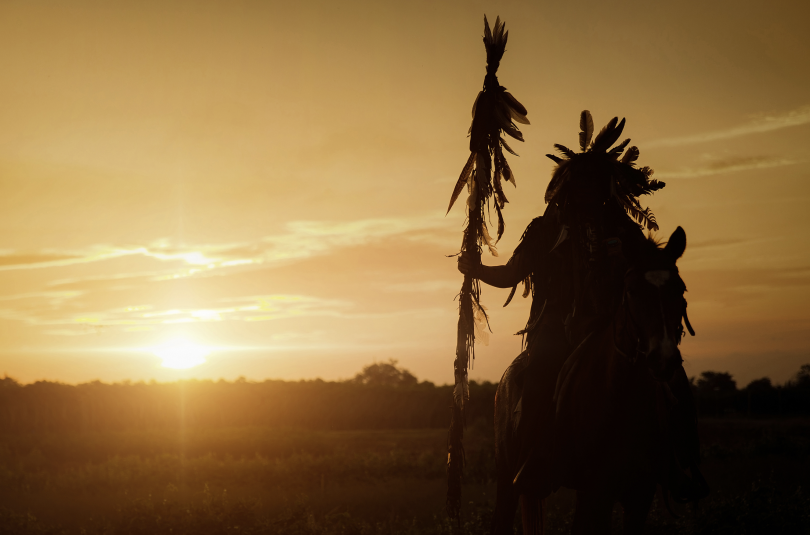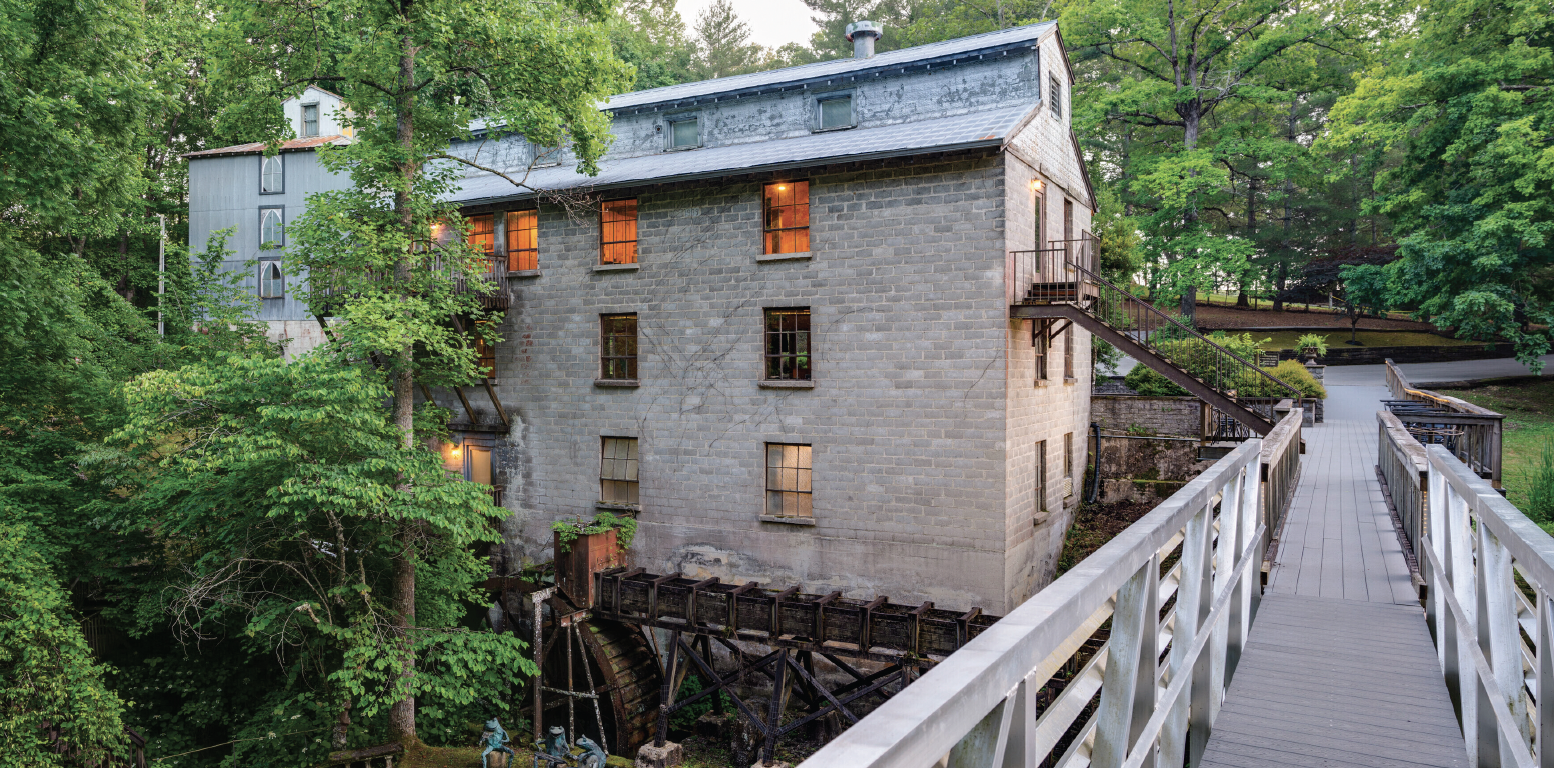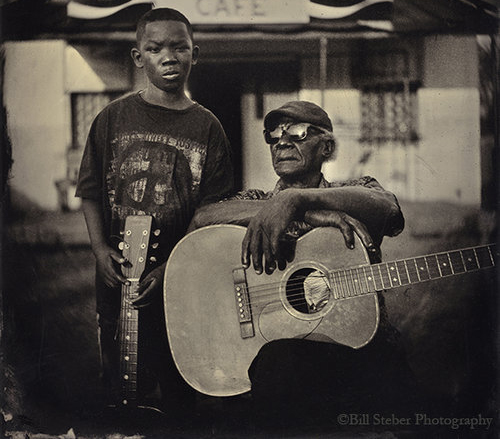In November of 2021, the U.S. House of Representatives passed the Eastern Band of Cherokee Historic Lands Reacquisition Act. This act would return 76 acres of land in Monroe County to the Eastern Band of Cherokee Indians, a federally recognized tribe. Yet even though the bill passed the House with a vote of 407 to 16, receiving wide support from both parties, it has faced resistance in the Senate.
The land in question was controlled by the Overhill Cherokee for centuries until they were forced off of it in the 1800s. Today there are multiple recognized Cherokee tribes including the Eastern Band in North Carolina. Their official website states, “Cherokee is a sovereign nation, meaning it has its own laws, elections, government, institutions, and the like. Though it certainly has relationships with the United States federal government and the North Carolina state government that are vitally important, students and the general population may be interested to know that the Cherokees are self-governed and autonomous.” The nation comprises around 57,000 acres and has about 14,000 members.
The 76 acres addressed in the bill is currently held by the TVA. It contains the Sequoyah Birthplace Museum which honors the man who invented the Cherokee writing system in 1821 and the sites of two important Cherokee towns—Chota and Tanasi, from which we get the name Tennessee. At different points in the 1700s, both towns served as the capital of the Cherokee Nation. Chief Oconastota, an important Cherokee leader in the 1700s, is also buried on the property. The land is already being run and maintained by the Eastern Band, but the TVA still owns it. The new act will put the land into a trust, protecting the Eastern Band’s rights to it.
The bill, introduced by Representative Chuck Fleischmann of Tennessee, is the latest of three attempts to pass this legislation, all three of which have been blocked in the Senate by Senator Richard Burr of North Carolina, according to Gene Branson, a member of the Eastern Band and chair of the board with the Sequoyah Birthplace Museum. Branson is unsure why Senator Burr has not supported the bill, but he speculates that it could be due to Burr’s support for another group of Native Americans who have had some disagreements with the Cherokee.
Similarly, in an interview with WATE, Representative Fleischmann said, “The problem, candidly, is one Senator in the United States Senate from North Carolina who refuses to allow this to come up for a vote.” Senator Burr retired in 2022, so perhaps the bill now has a better chance of being passed.
Representative Fleischmann described the act as, “…righting a terrible wrong when [the Cherokees’] land was forcibly taken from them by the federal government… The Cherokee People have a long, rich history on these lands, and it is the place where Cherokees have honored the birth and life of Sequoyah, one of the most influential and important Native Americans in history. I am humbled and thankful to play a part in ensuring the story of the Eastern Band is preserved and taught to future generations.”
Principal Chief Richard Sneed of the Eastern Band wrote, “Monroe County contains land that is culturally and historically important to the Cherokee people. While this bill faces a long legislative path ahead, I could not be prouder of the efforts to preserve and protect this important memorial for generations to come.”
When testifying before the Senate Committee on Indian Affairs, Principal Chief Sneed also said, “These properties commemorate and interpret historic people like Sequoyah; towns such as the historic Cherokee capital, Chota; and the culture of the Cherokee during the period from the early 1700s to 1840 and are also associated with and interpret the Trail of Tears.”
Charlie Rhodarmer, manager and director of the Sequoyah Birthplace Museum, explained that the TVA had promised to give this land to the Cherokee years ago, but this promise fell through the cracks and was forgotten for a long time. Rhodarmer also said that the TVA has “been very supportive and helped us with a number of projects.” He strongly supports this bill.
Rhodarmer also discussed how archeologists had found Cherokee remains at the Chota and Tanasi sites. They gave these to the Eastern Band who buried them in a sacred mound near the museum. Presently, the remains are buried on what is technically TVA ground, but if the bill passes, the land will return to the Eastern Band, and the remains will once again be in Cherokee soil, which would be culturally significant.
Gene Branson said, “It’s just very, very important to the Cherokees including myself. It’s something that should be done, it was promised to be done… and it’s the right thing to do.”









